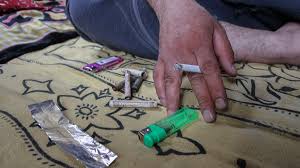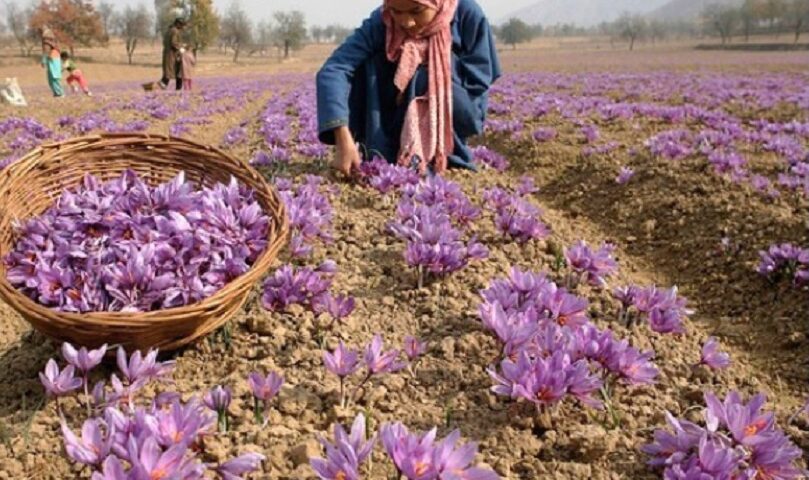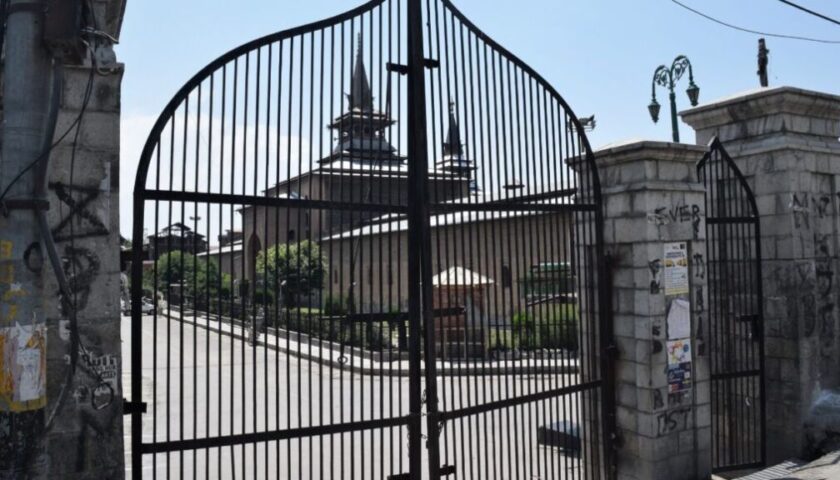Former chief minister Omar Abdullah has said six regional parties, which signed the Gupkar declaration last year pledging to fight unitedly against the constitutional changes to Jammu & Kashmir’s status, may have different political ideologies but plan to present a united front for the time being.
“…different political ideologies… have been set aside for a larger goal. We wanted to send a wider message to New Delhi that, on this question of what happened on August 5 [when the process for the nullification of Article 370 that gave Jammu & Kashmir special status began], liked-minded parties will come together,” said Omar Abdullah in a joint interview to HT with his father, Farooq Abdullah.
The political environment in Jammu & Kashmir is in flux again a year after the nullification and bifurcation of the erstwhile state into two federally-run territories. Omar Abdullah and his father, Farooq Abdullah, are at the heart of the churning following their release from detention.
Farooq Abdullah last week emerged as the pivot in the formation of a conglomerate of the six parties that has posed the first challenge to the Centre by reaffirming commitment to the declaration pegged to the demand for restoration of the special status and semi-autonomous status.
Farooq Abdullah dismissed the newly-formed Jammu & Kashmir Apni Party, which is not a part of the conglomerate, as the “formation of IB (Intelligence Bureau)”. Omar Abdullah said the party was welcome to try its luck in the political arena. “Political space is open to everybody. Come, try your luck. Who stops anybody from trying?”
Most Unionist parties in Jammu & Kashmir, particularly the Nation Conference (NC) of the Abdullahs that played a key role in the region’s accession to India in 1947, have traditionally been seen as a bridge between New Delhi and Srinagar.
Farooq Abdullah said he did not want to be the bridge anymore. “They have deceived my people,” he said.
Omar Abdullah added the “bridge” would only work if New Delhi allowed them to propagate the voices of Jammu & Kashmir and Ladakh. “If by the bridge, you mean that we will allow them to bring their voices and propagate it here, that is not a bridge. If by the bridge you mean that you will allow us to take the voices of J&K and Ladakh and propagate it there, it is fine. Enforced communication will not work.”
Omar Abdullah dismissed the idea of elections before 2021 and the said the formation of the conglomerate did not necessarily signal a “pre-electoral understanding.”
“There is no possibility of an election in J&K [Jammu & Kashmir] before 2021. Thankfully, the Government of India has willy-nilly given us this breathing space to work together on the Gupkar Declaration which is not an announcement of pre-electoral understanding,” he said.
Prime Minister Narendra Modi referred to delimitation exercise in his Independence Day speech and said it is underway and assembly elections would follow in Jammu & Kashmir.
NC has opted out of a Delimitation Commission set up in March to redraw parliamentary and assembly constituencies based on the recent census, saying the Bharatiya Janata Party was allegedly seeking to create Hindu dominance in the Muslim majority region and to divide the Union Territory along religious lines through the process.




